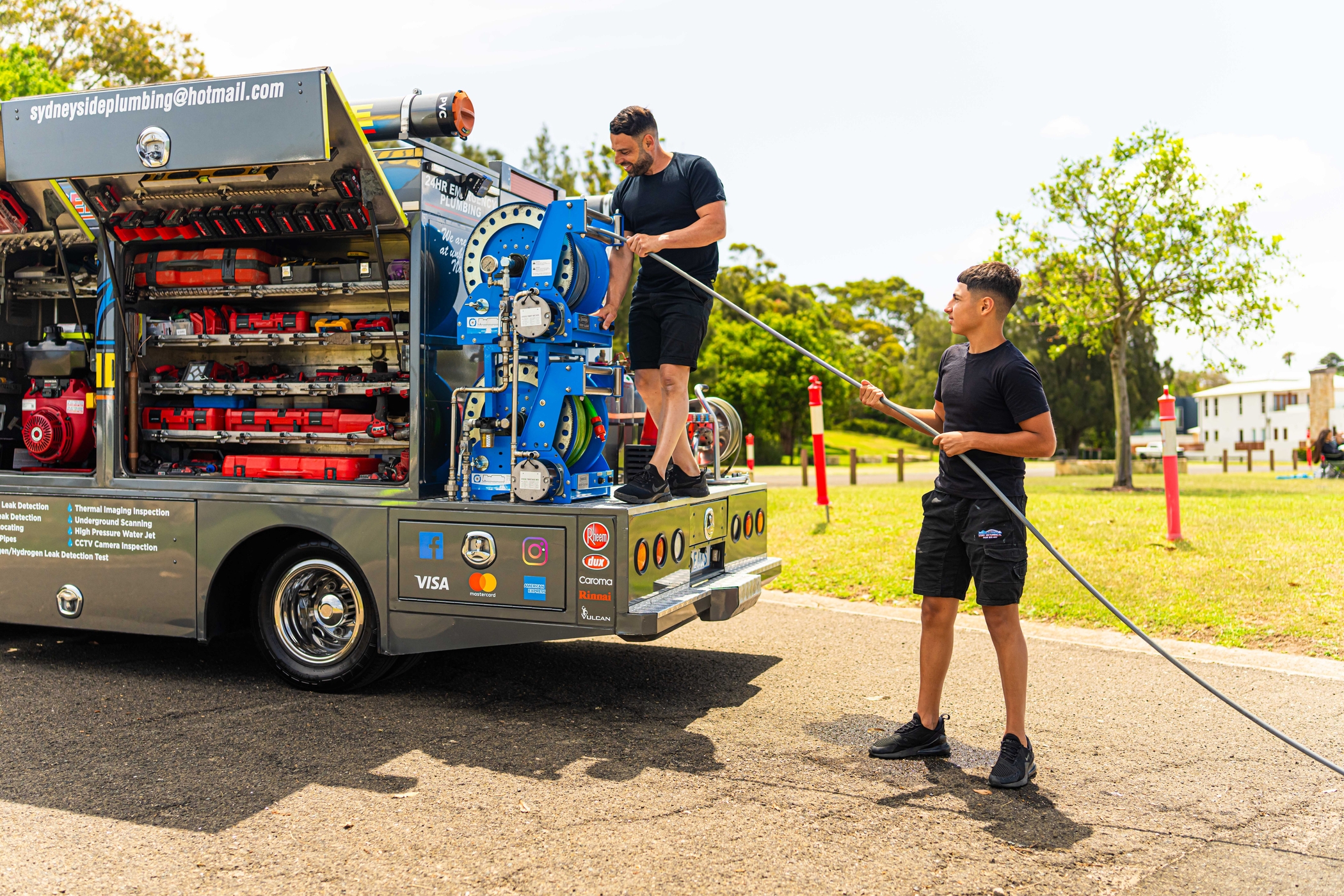KEEP YOUR BATTERY ALIVE DURING SUMMER AND WINTER

Many of us know firsthand that a flat car battery can ruin the whole day. It was an inconvenience experienced by no less than 303,193 of The National Roads and Motorists’ Association’s (NRMA) customers last year.
When it’s a work vehicle, it can be even more frustrating, since every minute on the side of the road is money falling out of your pocket. Most of these incidents happen during weather extremes, and since studies show our summers are getting hotter and winters are getting cooler, the frequency is likely to rise. To help you prepare, we’ve compiled a list of handy tips to keep your battery alive.
Why are batteries so important?
We’ll get the obvious out of the way: our trucks can’t start without them. Yes, your engine can turn over with a battery that isn’t operating at 100 per cent, but if it’s not running optimally, the rest of the truck’s functions – air conditioning, heating, seat heating, cab-lights, headlights, and windows – will offer sub-par performance. Two clear signs that your battery might be on the way out: - Slow engine cranking when key on in the morning or after a prolonged period of inaction; - Your dash and headlights dimming noticeably when you start the engine. But batteries react differently to weather extremes and can fault in variable ways. The one constant is that a faulty battery in boiling heat or freezing cold will add an uncomfortable cab to the list of your frustrations. We all know how painful it is, sitting in a car without air-con in the height of summer, or starting your day during cold winter mornings in a cabin that feels more ice cube than truck.The seasons broken up and broken down
Summer Heat. It’s the world’s number one battery killer. Some argue that their battery performs better in the heat, which is true in one respect, but heat improves battery performance the same way a glass of cordial improves a toddler’s ‘performance’. It can act as a catalyst for your electricity supply, creating a short burst of energy that comes accompanied by a serious crash at the end. This radically decreases the unit’s overall life expectancy. Heat also evaporates the water in your electrolyte solution. Since the solution is made up of about 35 per cent sulphuric acid and 65 per cent water, any change to the water value creates a serious imbalance within the concentrated solution. A rise in ‘self-discharge’ is another consideration in hot temperatures, bringing down the stored charge that the battery should have. If this doesn’t cause a flat battery by itself, the resulting corrosion of the lead plate grids will. High temperatures can also bring about a malfunction in the regulator, which can cause the system to overcharge. Winter After months of the higher ambient temperatures hammering your battery’s capacity to perform at its peak, the colder temperatures require it to work even harder still. The cold thickens engine oil, requiring the battery to really push to get the engine cranking. When you begin the car’s ignition, the battery converts the chemical energy within it to electrical energy. This electrical energy provides the power for engine parts like the crankshaft to move the piston and vales when the ignition is activated. The engine oil acts as a lubricant for these parts, stopping the friction amongst them to cause the parts to melt together or cause excessive heat. With thicker engine oil, the parts struggle to push through and move, prohibiting the ‘crank’ that starts your car, so the battery requires more amperage to get the parts through the thick oil. It also has the opposite effect to heat’s red cordial energy burst. The cold acts as an inhibitor, slowing down the chemical reaction that starts your truck while also increasing the electrolyte resistance. In the regions of Australia that get subzero temperatures, the water in your battery can freeze and expand, causing irreparable damage within the casing. If this happens, your battery needs to be replaced. Taking part in the prohibitive measures listed below can prevent the expansion from taking place or slow the freezing down. Batteries also take longer to recharge in the cold, meaning you need to drive further to achieve the same charge levels and overall performance you’d experience in the warmer months. Add that to all the appliances that get used in winter too and you’ve got even further stress on your battery.What can you do?
- Regularly check your electrolyte levels. If they look off, add distilled water to just above the separators.
- Make sure your battery is fully charged at each scheduled service.
- Purchase a charger to use in between services. It’s well worthwhile, especially if you have longer trips on your schedule.
- Clean your battery! This is often neglected, but all it takes is some warm soapy water and a sponge. Clean the terminals and dry well.
- Be aware of your charge rate, as it will change over time. Overcharging and undercharging your battery will reduce its overall life.
- Secure it! Vibration can cause physical damage to battery plates and loosen the terminals.
- It’s also good idea to park your truck under cover to keep it cool during summer and warm during the winter.



Lead the charge with Australia’s favourite truck.
2025 heralds Isuzu Trucks’ 36th year as market leader.* Number one in more than just sales, though, Isuzu Trucks has an unparalleled dealer support network, customer care program, truck range, and legendary reliability. To get behind the wheel of a winner, get into your nearest Isuzu Trucks Dealer now or visit isuzu.com.au
Learn More



